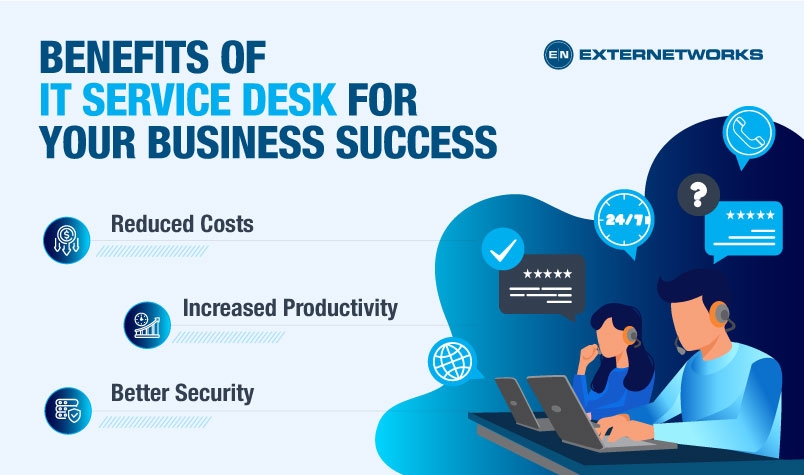28.4k views
The importance of IT service desk cannot be underestimated. In today’s modern world, customer service has become a key factor in determining whether or not a company succeeds. If customers aren’t satisfied with their experience, they won’t return. A well-functioning service desk allows you to provide excellent customer support at every stage of the sales cycle. This means that your team can effectively resolve issues before they escalate into larger problems.
The primary purpose of a service desk is to provide assistance to clients when they encounter issues with their systems or software. This includes anything from installing new applications to troubleshooting hardware failures. The service desk is important for businesses because it allows them to have an expert on hand to help solve problems without having to spend time or money trying to figure out the issue themselves. In order to provide these services, a service desk must have access to all of the necessary tools and knowledge. A service desk typically consists of two types of staff:
An IT service desk does not just provide technical support; it also helps you manage your overall security posture. It can help you identify potential threats before they become an issue. For example, if you notice a spike in malware infections on your servers, a service desk will alert you so you can take measures to prevent future attacks. An IT service desk monitors your network traffic and alerts you to suspicious activity. If someone tries to hack into your system, a service desk may detect this attempt and notify you immediately.
Finally, a service desk can help you respond quickly to incidents that do occur. If someone has breached your network, a service desk can isolate them and block further access.
There are many reasons why you might want to use a service desk instead of doing everything yourself. The most obvious reason is cost. By outsourcing your IT needs to a Managed Service Provider, you can save money by avoiding the need to hire full-time employees to handle those duties. In addition, a service desk offers 24/7 availability.
Since a service desk is designed to assist you with your day-to-day operations, there are certain responsibilities that come along with being part of one. Here are some examples:
Provide customer support
If someone calls your office and asks questions about your products or services, a service desk should be able to answer those questions. After all, you hired them because you wanted them to help you out!
Monitor network traffic
A service desk should be able to watch over your network traffic and alert you when something seems unusual. This includes monitoring email, web browsing, file sharing, and more.
Identify threats
A service desk will be able to spot any malicious activity on your network. It will then inform you so you can take the necessary action.
If you want to run a successful business, you need to make sure your customers are happy. You can offer exceptional customer service. Maintaining good relationships with customers can be challenging if you don’t know what they’re doing. That’s why having a service desk team is so vital.
Your service desk monitors your customers’ interactions with your company. They collect data about your customers’ needs and concerns and then use that information to identify trends and patterns. When problems arise, they respond quickly.
In addition, when they find something wrong or inefficient, they fix it immediately. The result is that your customers become loyal and satisfied customers.
A well-designed service desk also helps you save money, and it allows you to avoid wasting time and energy dealing with routine issues. Instead, you can spend your time focusing on growing your business instead of trying to keep up with your tech infrastructure.
A service desk plays a vital role in your organization’s success. It provides several benefits, including:
Improved Customer Experience:
A well-designed service desk enhances customer satisfaction. Customers will feel valued and appreciated when they receive timely responses to their Inquiries.
Reduced Costs – Your service desk reduces costs by eliminating downtime caused by technical issues. By taking advantage of proactive services offered by a service desk provider, you can prevent costly outages and improve overall performance.
Increased Productivity – Having a service desk increases productivity.
Because your service desk responds quickly to any problems, employees have less time waiting for support.
Better Security – A well-designed and maintained service desk keeps your systems secure. It ensures that no unauthorized users gain access to sensitive information.

In Conclusion, service desk providers provide businesses with a cost-effective method of handling all aspects of their IT service desk processes. These companies take responsibility for everything from monitoring and analyzing clients’ networks and devices to responding to incidents and fixing any damage. They do this while ensuring that your customers always receive top-notch service.
